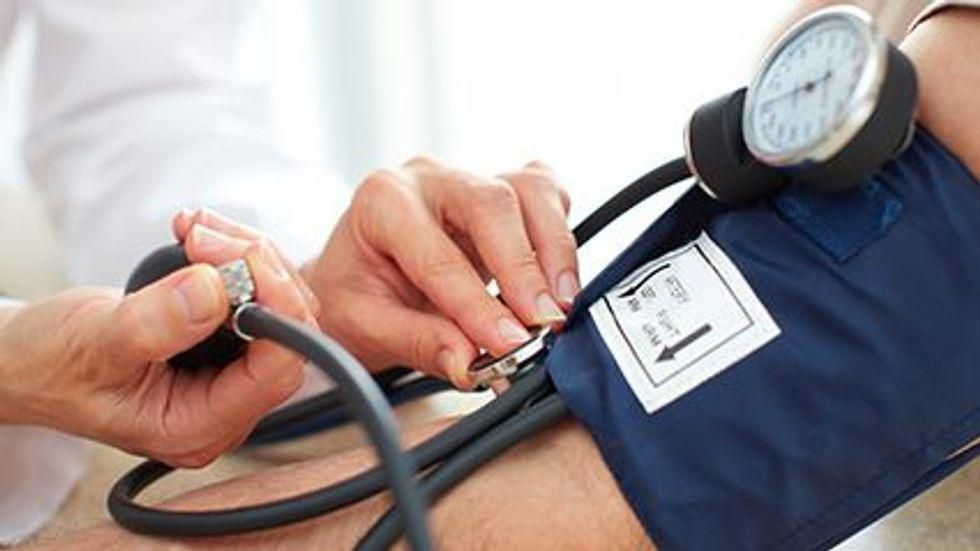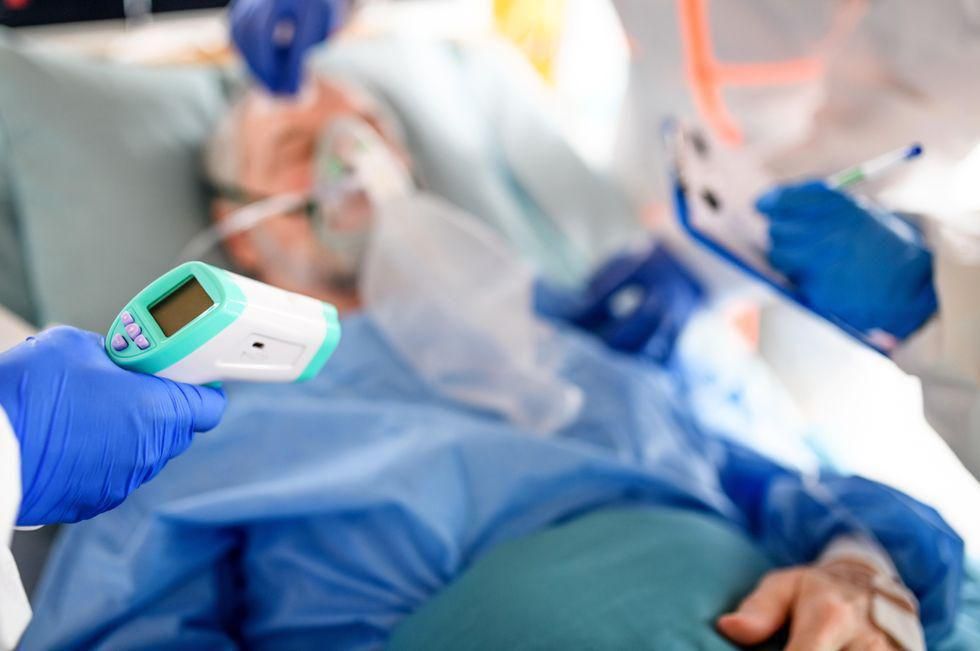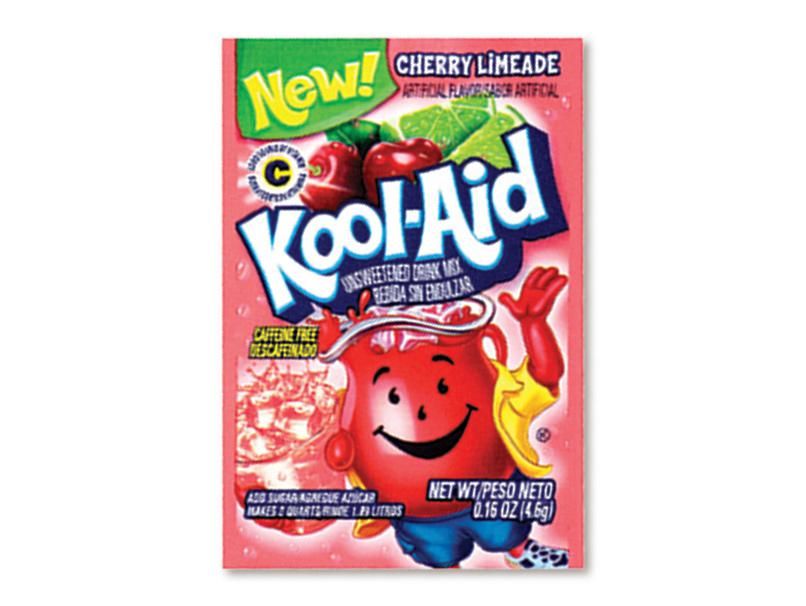
Early detection of ovarian cancer helps boost a woman’s survival, and the U.S. Food and Drug Administration on Monday approved a new imaging drug that can help spot tumors during surgery. The drug, Cytalux (pafolacianine), is meant to improve a surgeon’s ability to detect ovarian cancer while operating on a patient. It is administered intravenously… read on > read on >






























